One of the earliest—and most annoying—pieces of advice I received several years ago, when I first came back to writing with the aim of publication, was go to a writer’s conference.
Isn’t going to happen, I said. I was a stay-at-home mother of seven, busy schooling my children, the youngest still a nursing baby. There was no way our family would be able to afford it, much less for me to get away that long.
Well, the surprise was on me. Not only did my husband agree that we could fit it into our budget, but a friend from church offered to come along to babysit while I attended workshops. And it was the most amazing experience.
The editor in charge had described conferences as a kind of family reunion for writers, where you discover at last that you aren’t the only weirdo in the planet (the kind who leaks story out your ears—I mean, from your fingertips). Later, I’d describe it as an extended slumber party. For adults. Who are writers.
At the risk of making it sound like just another form of entertainment, and an expensive one at that, let me assure you that this is probably one of the most valuable things you could ever do for yourself as a writer. Bigger than a weekly or monthly writers group (which is also invaluable—we whose work is of such a solitary nature need the interaction and support of others who understand our addiction), a conference immerses us in that most magical and mysterious of writerly activities, networking!
Networking is simply the process of getting to know people: first, other writers, from newbies to the multipublished. You’ll find an amazing rapport—and support—from both. You also have the opportunity, like nowhere else, to meet agents and editors, talk with them face to face, and watch them interact with others. This can be crucial to forging a good agent-to-author relationship, since you never know from a mere online profile who you’re going to click with and who you won’t—and doesn’t your career deserve the best fit you can find? But the main thing here is to remember that you’re building relationship. These are people, not notches on your belt.
Another thing is the retreat aspect of it. You get two to four days, on the average, of intensively studying the writing craft, the industry, and depending upon the conference, the spiritual side of being a writer … with relatively little distraction. The flame of your enthusiasm can burn for a good long time on that kind of fuel, not to mention you might find a surprising new focus either during or after the event.
Don’t think you have to attend some mega-conference to get these benefits, either. Small regional ones that last just a day or two can be just as beneficial, if not more, especially to the newer, struggling writer. You’re more likely to get personalized attention, and the more intimate atmosphere allows you to relax in ways you might not in a huge crowd. Not to mention, the cost is lower, and you’re less likely to feel guilty over the time and expense if “this writing thing doesn’t work out.”
I’d be willing to bet, though, that you’ll never regret the experience—and that you’ll come away with a new commitment to your writing. True, people can and do get published without attending a conference, but few experiences boost your writing, both in actual skill and professionalism, the way a conference or workshop will.
So I say: get thee to a conference!
Challenge: What benefit of attending a conference is the most compelling to you? What are the reasons you might not be able to go, and how could you work around those?

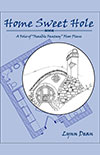


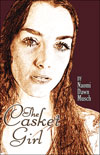

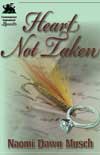

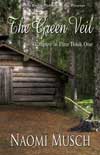




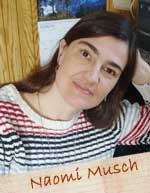


Speak Your Mind
You must be logged in to post a comment.